For your information
You are being redirected to one of our divisional subsites which contains more detailed information on the required division. To navigate back to the main Invicta Group site, please click the link found in the footer at the bottom of the page.
- Durasteel
Discover the benefits of Durasteel
- Systems
Systems
- Expertise
Expertise
-
Applications
- Aircraft Hangar Fire Protection
- Battery Storage Facilities
- Building Fire Compartmentation
- Anti-Terrorist Blast Protection
- Cable Tunnel Fire Compartmentation
- Equipment Delivery Hatches
- Equipment Enclosures
- Heat Shields
- Power Station Fire Protection
- Metro and Rail Fire Protection
- High Voltage Cable Protection
- Substation Fire & Blast Protection
- Tunnel Fire Protection
- Oil & Gas Fire & Blast Protection
- Ventilation Systems
- Wind Farm Fire Protection
-
Applications
- Projects
- Insights
Insights
-
Articles
- Blast Protection System Design Considerations & Design Criteria
- How to Conduct a Fire Risk Assessment for Factories and Warehouses
- Minimising the Risk of Fire, Blasts & Explosions in the Middle East
- Integrity, Stability and Insulation in Passive Fire Protection
- Triangle of Fire & Active vs Passive Fire Protection
- Frequently Asked Questions
- A to Z of Terms
-
Articles
- Contact
Contact

UK +44 1843 220 256

US +1 305 328 9444

UAE +971 4 277 6225

Qatar +974 4441 4340

India +91 79945 14049

Malaysia +60 16 286 6225
- Start your project
Fire safety and coronavirus: tips for home and the workplace
2nd June 2020
Quick Quote
Contact Fraser Shearer Sarun Vysakham Ben Tan Anand Raghavan Anand Raghavan Our USA Office
To get a quotation or arrange a free site survey - Call Fraser Shearer Sarun Vysakham Ben Tan Anand Raghavan Anand Raghavan Our USA Office on
-
 UK
UK
-
 UAE
UAE
-
 Malaysia
Malaysia
-
 India
India
-
 Qatar
Qatar
-
 USA
USA
Current location:
Quick Quote
Contact Fraser Shearer Sarun Vysakham Ben Tan Anand Raghavan Anand Raghavan Our USA Office
-
 UK
UK
-
 UAE
UAE
-
 Malaysia
Malaysia
-
 India
India
-
 Qatar
Qatar
-
 USA
USA
Current location:
The coronavirus means that homes have been crammed full of people for long durations, while many workplaces remain empty or understaffed. This could potentially create new fire safety risks, which you are unlikely to have planned or accommodated for – but it could also be an opportunity to make improvements.
While fire safety may be the last thing on your mind at this challenging time, it is both pragmatic and important to consider your health & safety responsibilities, and assess the fire safety risks of your new routine. Here are a few things to consider to keep your home or premises safe, and give yourself one less thing to worry about.
Fire safety and coronavirus
The spread of the coronavirus and the subsequent lockdown have had a drastic effect on the way people do business, and conduct their lives more generally. A large proportion of the global workforce is now working from home, leaving many facilities empty. This has in some sense shifted the burden of fire risk to the home – but it’s also left businesses susceptible.
As well as buildings not being occupied, the responses of emergency services such as Fire and Rescue and the police may be hampered, as manpower takes a hit and the demand for those services increases. As a result, facilities may be at a higher risk of arson attacks or simple malfunctions, with fewer people to watch for and respond to fires.
While fire safety is not always at the forefront of people’s minds, it may also be the last thing many business owners are thinking about right now. With people’s livelihoods at stake due to the quarantine, the focus has shifted to keeping businesses afloat. This has meant many people being temporarily laid off, reducing the number of people who can attend to fire safety, and increasing the stress and strain on those who are left.
In addition, there also remains some uncertainty over what is classified as ‘essential’ work. With people being encouraged not to leave their homes unless it is absolutely necessary, fire safety work – e.g. repairs and maintenance – may be falling by the wayside. Many employees are rightly questioning whether travelling between numerous sites to undertake work is safe or worthwhile, and fire safety risks are being balanced against the risk to personal health.
Fire safety tips for workplaces
While fewer people in workplaces may mean fewer fire hazards, it will also drastically impede your ability to respond to a fire. An electrical malfunction, gas explosion or other accident could still occur despite you not being there, particularly when it involves automated systems. The threat of arson meanwhile is persistent, and the response to any incident may be delayed.
Depending on your situation, your ability to keep watch over your site may be impeded. If you have a security presence on your site, this may not be tenable with social distancing. It may also not be considered an essential role unless you are providing an important and active service. This includes schools, hospitals, the food supply chain, and transport and energy infrastructure, among other industries.
According to the National Fire Chiefs Council, however, “the people working on vital fire safety measures such as the installation and maintenance of sprinklers, fire alarms, waking watch and other measures also constitute key workers”. This means that, unless you are a landlord who is mandated to maintain a waking watch, you should look at bolstering your passive and active fire protection measures.
With your facilities empty, this may be an ideal time to look at a comprehensive overhaul of your fire safety systems, or simply a good time to schedule repairs. Advanced alarm systems such as VESDA can detect smoke and gas before a fire develops, and can be configured to inform emergency services automatically.
Sprinkler systems or gas suppression may also be helpful depending on the nature of your facility, while some CCTV cameras can be accessed remotely, allowing you to keep an eye on things from home. This is hardly foolproof, however, and you should be careful with any internet-connected devices, as they often lack adequate security.
Fire safety tips for homes
Many fire safety tips in the home come down to common sense, but the simplicity of them means we often forget to take action. Home fire safety and ‘safe and well’ visits from Fire and Rescue services have also been interrupted in certain areas, meaning that there is more of an onus on individuals to take preventative action to keep themselves and their families safe.
The first and most obvious step is to get both smoke alarms and carbon monoxide alarms, if you don’t have them already. It’s generally advisable to get these from retailers rather than eBay or Amazon, as there have been many cases of devices from third party sellers failing safety tests. Your local fire service may also be able to supply alarms for free, but expect heavy demand and delays at present.
Next you should consider your electronics, and whether the increased load of everyone using devices may pose a risk. Make sure your circuit breakers are working properly, and that plug sockets are not overloaded. Be careful not to use frayed or otherwise damaged charging cables, and disconnect cables when they are not in use. You should also be careful with devices such as vape pens and power banks, which have been known to spontaneously combust.
In the event of a fire, you also want to be sure that you can escape from your home without impediments. It’s particularly important to make sure that clutter gets cleared, particularly if you have children, as this gets generated a bit more readily! You should also make sure that doors and windows can be easily opened, with keys readily available and in the same places, so you can find them under the stress of an emergency situation.
If you’re the landlord of a private property, the maintenance of communal fire alarms is of paramount importance. Owners or landlords of buildings with Grenfell-style cladding should also consider their waking watch arrangements, ensuring that watchers take appropriate social distancing measures. If waking watches are impeded by the virus, installing communal fire alarms should be considered as a matter of urgency.
—
Fire safety is obviously not the most important safety issue during the coronavirus outbreak, but it’s something we should all be thinking about. By conducting your own risk assessments and considering the issues above, you can ensure that your home or business is prepared for the worst – and with luck, prevent any fires from occurring.
Accreditations & Affiliations

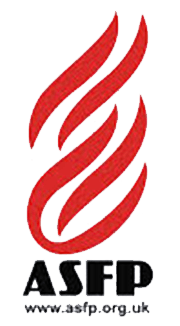







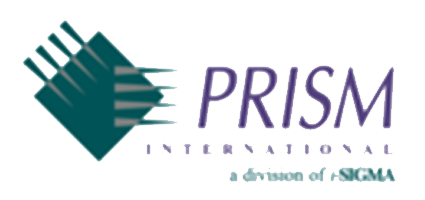

SpecUp - System Specification Wizard
Answer the 5 short questions below to receive your recommended Durasteel system specifications. Hover over the ? icons for a brief explanation.
Question 1/5
Type of system required?
Question 2/5
Fire rating required?
Question 3/5
Fire integrity-only or integrity and insulation?
Question 4/5
Fire attack risk from one side or both sides of the system?
Question 5/5
Blast rating required in addition to fire rating?
Creating your results page
Thanks for completing the SpecUp, you’ll be redirected to your results shortly.
Click here if you aren't redirected after a few secondsStart your project
Tell us about your project. Please complete this form. One of our sales team will come back to you with more details. If you prefer, you can drop us an email.
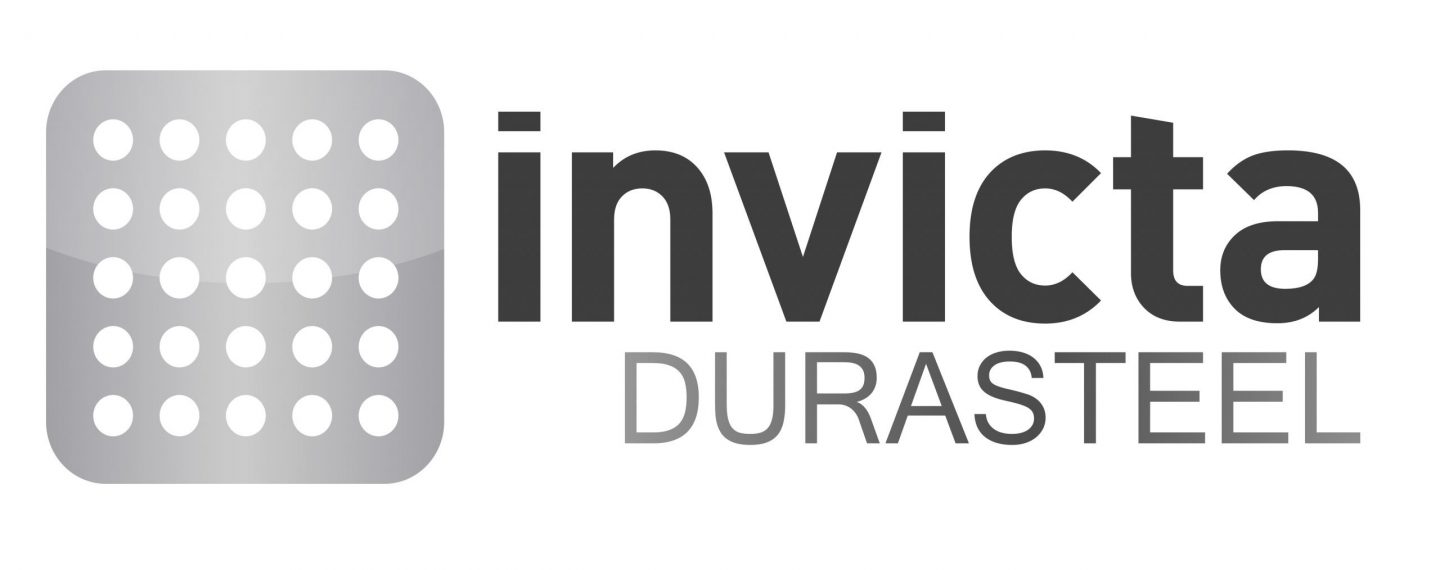

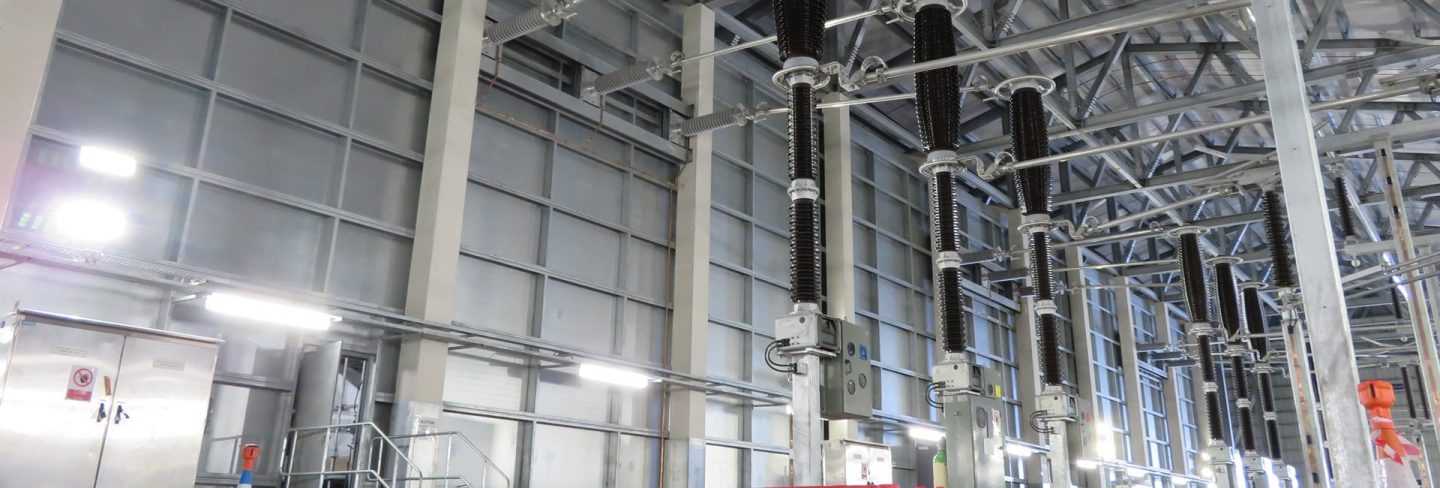
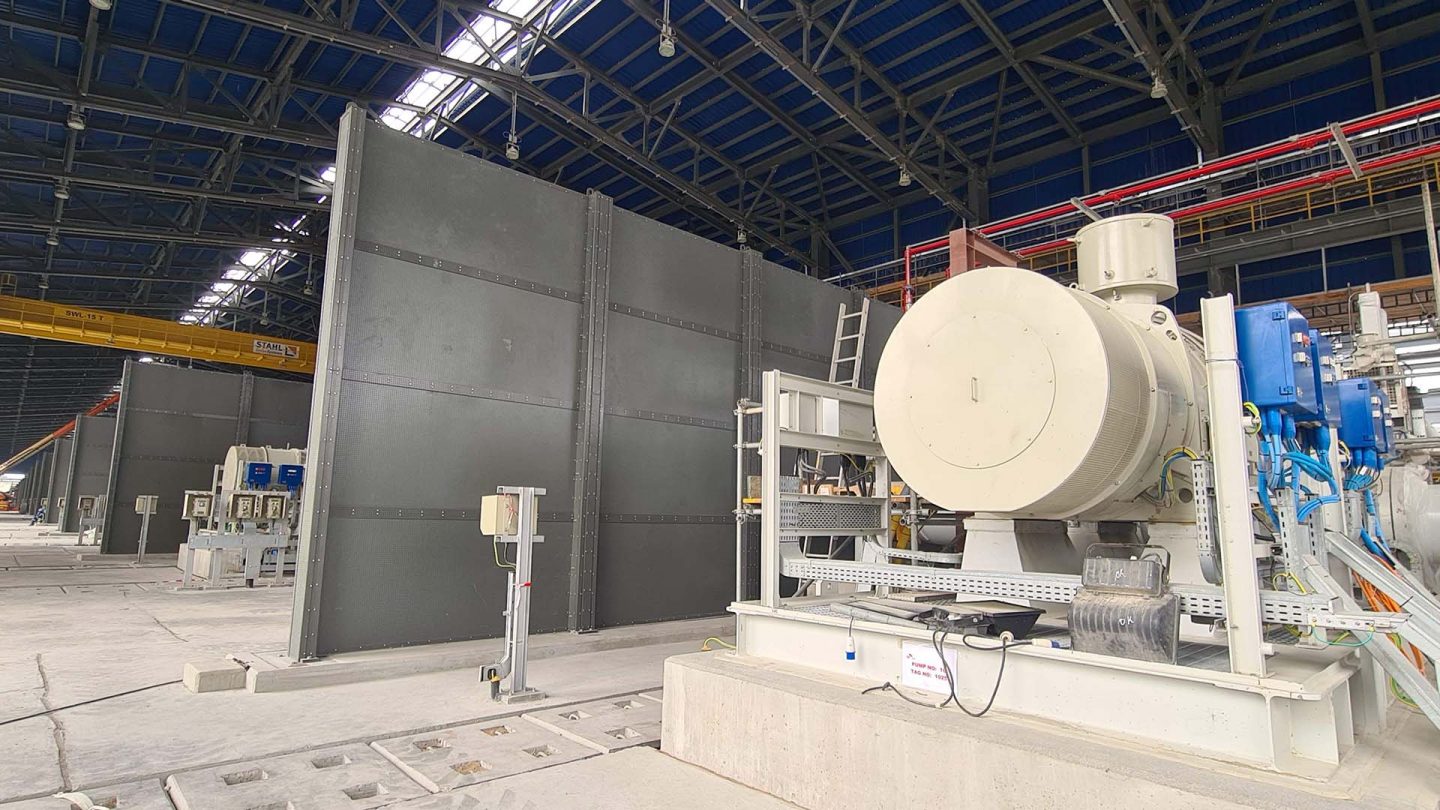
Share/Like this page